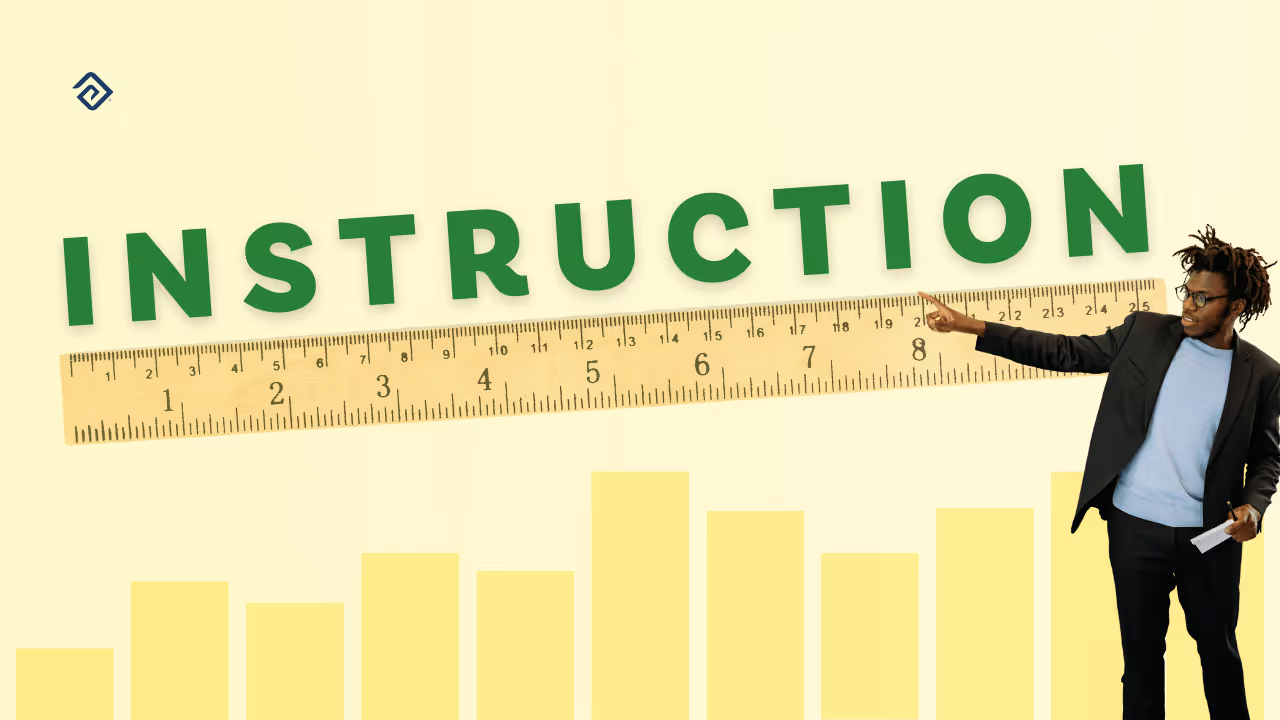Bridging the Gap in Lost Learning
Student learning has been greatly disrupted for nearly a year, and those within education are worried about how much of it has been lost. One way to measure lost learning is through administering assessments, but to what degree should students and educators be held accountable for arguably their most challenging year ever? Should the test results be used to make decisions about class placements or funding allocations? How can those decisions be made equitably?
Many in leadership positions argue about these decisions and it seems there are no right answers. In March of 2020, the United States Education Department waived requirements for 2019-2020 state accountability tests during school closures that occurred as a result of the pandemic. The assessment world as we knew it came to a standstill. Schools that had just received their spring test materials had to return millions of paper-based test booklets to the respective vendors untouched. Student assessment performance could not be used to determine retention, promotion, or even graduation.
It is again time for school districts to comply with state and national legislative requirements to administer statewide assessments to their students. States are determining how to administer the tests securely and ensure the validity of the tests remain intact, all while keeping students and staff safe. The National Assessment of Educational Progress (NAEP), which is administered across the nation to students in select grades and subjects, has been postponed until 2022 due to the pandemic. NAEP is used to measure the educational progress within the country and has been dubbed the “Nation’s Report Card.” The postponement of the NAEP assessment adds another layer of importance to the administration of statewide assessments to help determine academic progress, as well as learning lost, in the last year. While most states plan to administer statewide assessments, Georgia and Michigan have already requested from the U.S. Education Department waivers for 2020-2021 testing.
Research done by our partner Illuminate Education compared two years of computer-adaptive test scores for more than 500,000 students in reading and math between 2018-2019 and 2019-2020. Their study found that students in all grades and subjects experienced learning loss during the pandemic school closures last spring. The data showed students across every grade level lost the equivalent of 2.5 to 4.5 months of learning in math and 1-2 months in reading. The biggest impact of learning loss will be felt in elementary grade levels.
Administering statewide assessments this spring will help students, parents, and educators determine learning loss resulting from the pandemic while overcoming adversity. This data will help school officials measure the impact of school closures last spring, as well as inform plans to adjust to new instructional programs in varied contexts. Every segment of the education community will feel the impact of the pandemic for years to come, but with the help of statewide assessments, educators can adjust the curriculum, provide support and remediation as needed, and bridge the gap in student learning.
Let TestHound empower you to bridge the gap with less effort this testing season. A single testing coordinator empowered by TestHound is more effective than a small team of coordinators without technology.

>>> Speak with one of our testing visionaries here.
References
- https://www.ed.gov/news/press-releases/helping-students-adversely-affected-school-closures-secretary-devos-announces-broad-flexibilities-states-cancel-testing-during-national-emergency
- https://www.nagb.gov/news-and-events/news-releases/2020/governing-board-statement-on-postponment-of-naep-2021.html
- https://www.edweek.org/products/assessment/spotlight-on-assessment/00000175-7548-d56d-af7f-f7590ddd0001


More Great Content
We know you'll love




